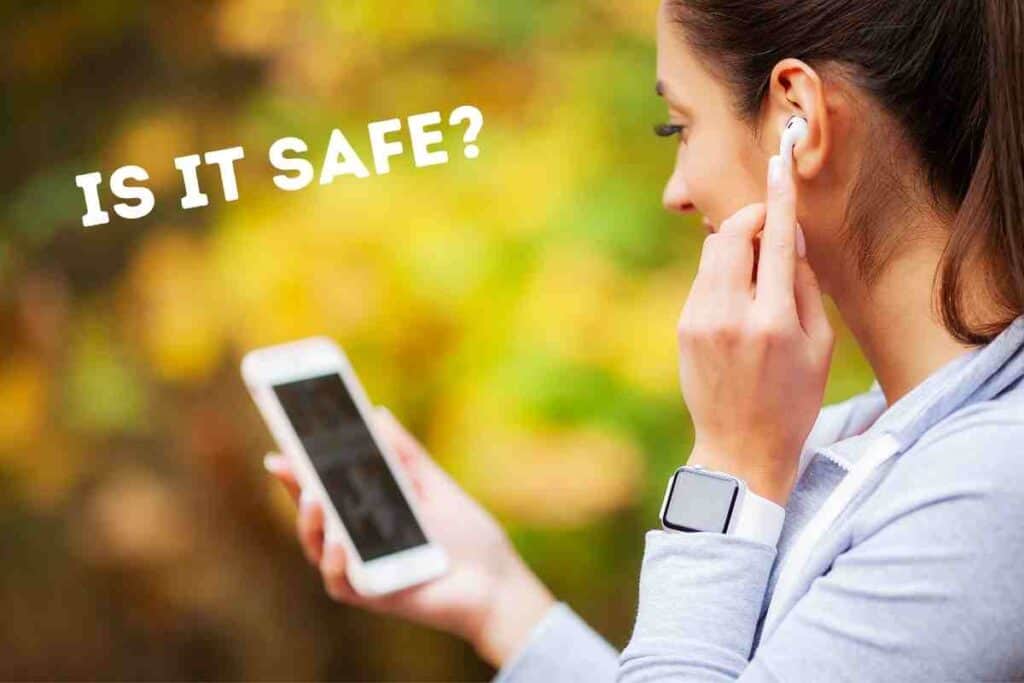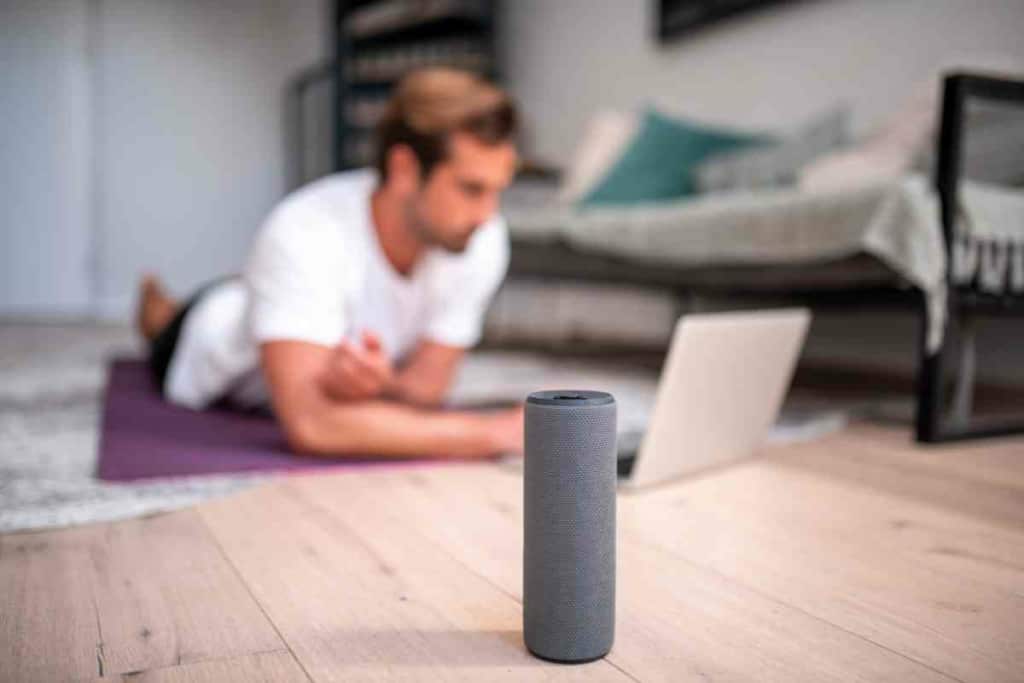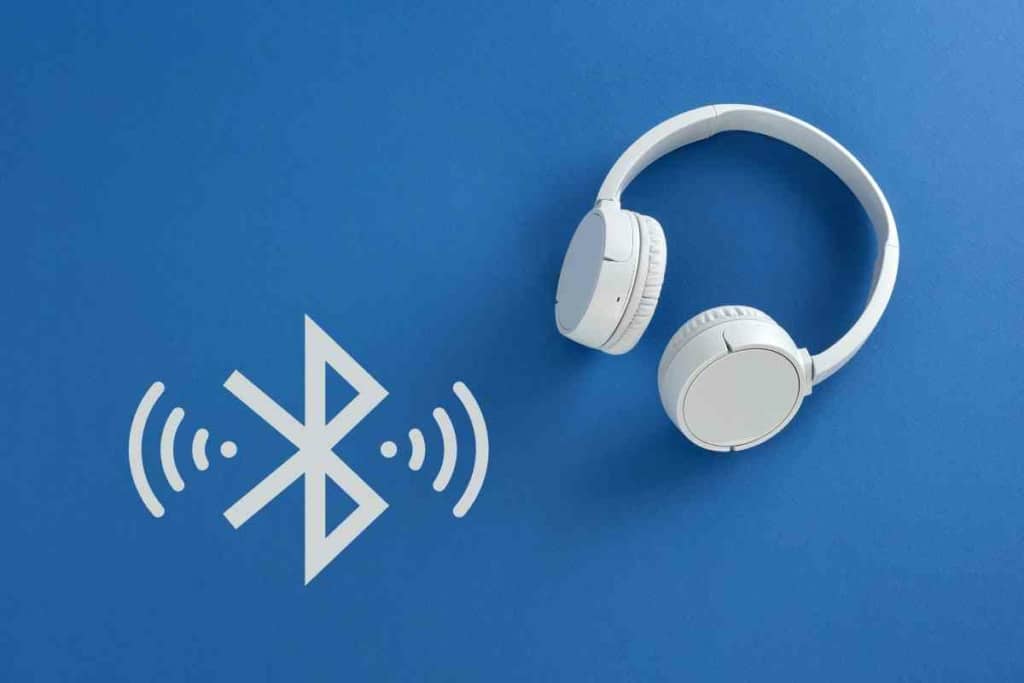Should Bluetooth be On or Off? Is It OK To Leave Bluetooth On?
Bluetooth is a wireless communication technology through which two or more devices can talk to each other directly. Today, Bluetooth has so many applications. In most cases, you will use it to play audio from your smartphone, tablet, laptop or PC.
However, Bluetooth has many more uses, including connecting smart watches, tethering to access internet, sending files from one device to another and many more. While it is easy to use Bluetooth, it is advisable to leave it on after use?

Is it OK to leave Bluetooth on all the time?
No. You should turn off Bluetooth when not in use as it can be a gateway for hackers to get into your phone and steal your data. Before hackers discovered a new way to access people’s phones through Bluetooth, it was okay to leave the wireless connection on.
Learn exactly what you need to know to avoid a blueborne attack while still being able to use your headphones when you want.
Should Bluetooth Be On or Off?
You can leave Bluetooth on if you are running updated operating systems and apps on your devices, or you have other devices that need to connect to your smartphone all the time. The latest versions of Bluetooth are safer, and you can leave them on without fear of being hacked.
After your hands-free call or your audio playing session, switch off the Bluetooth to lock out hackers. Because many people do not know the dangers of leaving Bluetooth on, hackers are using this chance to spread malicious software and access private information.
Read on to learn more on the benefits of switching off your Bluetooth after use.

How Do Hackers Gain Access to Your Device Via Bluetooth?
Hackers use an attack vector known as BlueBorne. This vector infects all devices, including Android, iOS, Linux, and Windows. According to Armis, a cybersecurity firm, the attack vector spreads through the air. This means that any computer is at risk of an attack.
Once the virus gets into your device, it gives hackers the control they need to access different parts of your device. They can access private data and penetrate secure networks.
BlueBorne is a dangerous virus as it attacks all devices, including TV, smartphones, laptops, tablets, and connected devices such as lightbulbs and speakers. What makes it more dangerous is the fact that it doesn’t have to pair to your device’s Bluetooth.
Attackers operate in stages until they have full control of your device. There’s nothing you’ll be able to do to kick someone off your Bluetooth speaker if it’s been hacked. A hacker will scan for available Bluetooth devices near them. When they see one, they will check the MAC address of the device.
The hacker will then check the operating system of the device and tries to exploit any weaknesses in the security systems of the device. Once the hacker has control of the device, they will try and access as much information as possible from the device.
BlueBorne is a strong virus that has devastating effects. The fact that it spreads through the air makes it more deadly than other computer attack vectors. It is able to target the weakest spots in a network where there are no security measures at all. You can’t stop Bluetooth pairing requests if malware is trying to gain access.
It can spread from one device to the next very fast, making it highly infectious. Worse yet, Bluetooth has high privileges, and this means that the hacker will have full control of the device in no time. Therefore, when asking yourself “Should Bluetooth be on or off?” be sure to only leave it on when you really need it.
Besides Switching Off Bluetooth, How Else Can You Protect Your Devices From BlueBorne?
If you have an Android device, BlueBorne can target your device unless your device offers Bluetooth Low Energy. For Android device owners, you only need to update your device to have the latest Google security patch. This security patch was released in September 2017, so most people with new phones have the patch by default.
For Windows devices, you only need to keep your software updated so that you have the latest security patches. Microsoft also released a security patch in 2017 after the popularity of the vector.
All devices using Linus are also at risk of an attack. These devices include Samsung Gear S3 Smart Watch and Samsung’s line of smart devices. These devices use BlueZ, which is at risk of being targeted by hackers. By keeping your system up to date, you will have the latest Linux patches to enjoy security from BlueBorne.

If you have an iOS device with iOS 9.3.5 or lower, your device is at risk of being attacked. These devices include iPads, iPods, iPhones, and smart Apple TVs. You can stay safe by upgrading to iOS 10, which came out in July 2017.
The best way to keep BlueBorne off your device is to ensure you have the latest software. Most people have the latest apps and systems unless people with devices older than four years. If your device has an old version of a system, ensure you update or avoid using Bluetooth.
Even though several device manufacturers have taken the necessary precautions to keep users safe, the vector is still prevalent with hackers waiting for a chance to strike. Security patches work great until the next attack vector comes along. To be safe from BlueBorne or any other vector that may come in future, ensure you switch off your Bluetooth and update your devices.
Does Leaving the Bluetooth On Always Drain the Battery?
No. Bluetooth doesn’t consume much power from your battery. You can leave it on if you connect your speaker or other devices a lot and enjoy its convenience.
Over the years, the use cases of Bluetooth have increased and Bluetooth has become better by the day. Today, the latest version of Bluetooth, the Bluetooth Low Energy (BLE), consumes between 0.01 and 0.25w. This is almost insignificant given that modern smartphones offer longer battery life.
If you read online on ways to conserve battery, one of the tips you will get is switching off Bluetooth. You can switch it off when not in use, but BLE uses very little battery energy.
The first generation of Bluetooth and the first generation of smartphones brought the notion that Bluetooth consumers so much battery power and should be switched off. However, today, the battery capacity of the iPhone from the 90’s has tripled in capacity. Bluetooth has also gotten better and has more use cases.
With so many applications and devices using Bluetooth, it was important to make Bluetooth safer and ensure it uses less energy. This is important if you still want to leave your Bluetooth on even after use.

What is BLE and How Does It Help?
Bluetooth Low Energy came into the scene in 2011. It is the same as Bluetooth 4.0, and it is was developed to consume as less energy as possible. BLE optimizes its protocol for devices that need to transmit small data amounts periodically. It may not offer the best audio quality when you play over it in a Bluetooth speaker, but it is safer and uses less power.
Devices running BLE or better are safe from BlueBorne, so you can leave them on and not expect a hacker to get through to your information.
Today, all smartphones support BLE. The version of Bluetooth might be slower than Classic Bluetooth and the range is also shorter than v. 5, but it is safe and energy-efficient. BLE works perfectly when you need to connect smart devices or when you need to access location data.
The smartphone battery power that most applications consume is insignificant. There are devices that need to connect to your smartphone all the time for their accuracy and operation. Smartwatches and trackers, for instance, need Bluetooth to be on all the time, so they can log data into the smartphone at all times.
Again, if you are using ZUS Smart Driving App, you may also need to keep your Bluetooth on all the time. If you switch off your Bluetooth, the app brings a message that reminds you to switch on Bluetooth. This is the easiest way to log your miles.
Most smart devices also require that you keep Bluetooth on for a flawless operation. It will not drain your battery.
Closing Thoughts
Unless you are running a Bluetooth Classic, you do not have to worry about hackers. Bluetooth Low Energy and aptX addressed the hacking problem to ensure you enjoy Bluetooth more. However, I recommend that you switch off Bluetooth when not in use – you never know when the next attack vector will come out.
You may never have an option, but to keep your Bluetooth on at all time when you have smart devices at home. Most of the smart devices need constant access to Bluetooth.
If such is your case, ensure you keep your systems up to date so that you have access to all security patches. This way, you are always safe from hackers.
If you only use Bluetooth for audio and hands-free call, you can switch off the connection after use. It will not cost you anything, and it ensures you are safe.
You can never stop using Bluetooth, especially with so many devices relying on the technology. You also may not know when a patch for the next Bluetooth vulnerability comes out. As such, you only need to keep Bluetooth off when not in use and keep your systems updated.
Related Content You May Find Interesting
Here are some more articles that may be of interest to you if you have a Bluetooth Device.
![Should Bluetooth be On or Off? Is It OK To Leave Bluetooth On? 5 Do I Need To Keep Bluetooth On For Apple Watch? [Explained!]](https://thegadgetbuyer.com/wp-content/uploads/2022/01/Do-I-Need-To-Keep-Bluetooth-On-For-Apple-Watch-Explained-1024x683.jpg)

